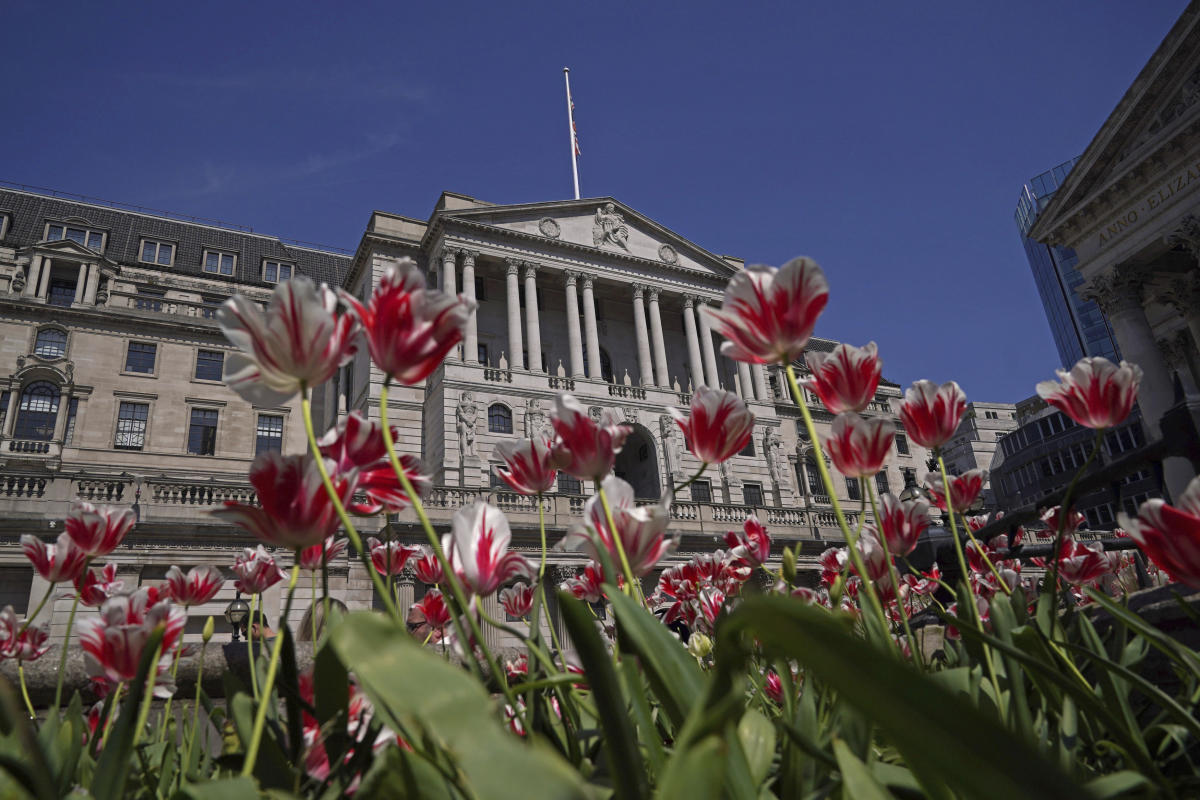In 2020, renowned psychologist and Nobel Prize winner in economics, Daniel Kahneman, passed away at the age of 90. Throughout his illustrious career, Kahneman challenged traditional economic theories and shed light on the cognitive biases that humans rely on when making decisions. His work demonstrated how our minds often take shortcuts, sometimes leading to significant errors.
Kahneman’s most significant research took place in the 1970s, when he collaborated with psychologist Amos Tversky at Hebrew University in Jerusalem. Together, they published several influential articles that highlighted the flaws in human decision-making processes. Despite Tversky’s passing before they could receive the Nobel Prize together, Kahneman always acknowledged their shared achievements.
Known for his humility and cautious nature, Kahneman was celebrated for his ability to question prevailing theories and challenge established beliefs. His bestselling book, “Thinking, Fast and Slow,” brought his valuable insights to a wider audience. Through thought-provoking experiments and examples, Kahneman introduced concepts such as regression to the mean, loss aversion, and the illusion of focus.
One of Kahneman’s most famous puzzles illustrates a common cognitive bias: the tendency to jump to conclusions without considering all factors. His work emphasized the importance of questioning assumptions and seeking a deeper understanding of human behavior. By unveiling the limitations of our decision-making processes, Kahneman’s legacy continues to inspire critical thinking and self-reflection in all of us.
In conclusion, Daniel Kahneman was a pioneering psychologist who revolutionized our understanding of human decision-making processes. His groundbreaking work laid the foundation for behavioral economics and continues to influence critical thinking today.


